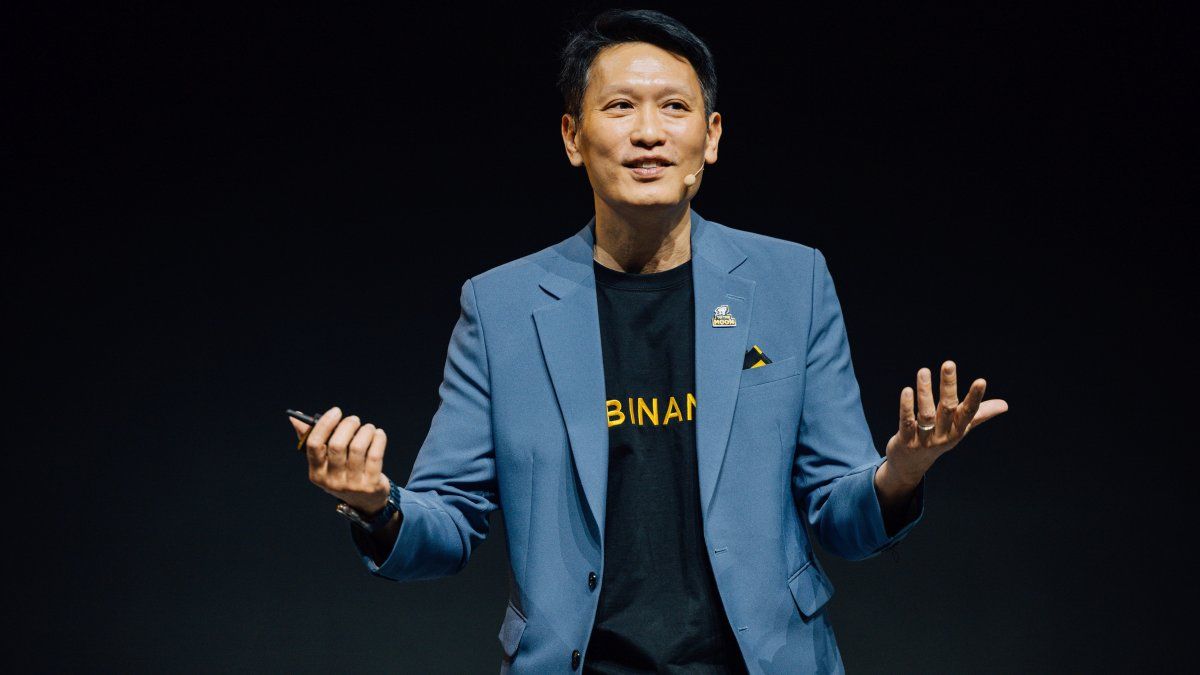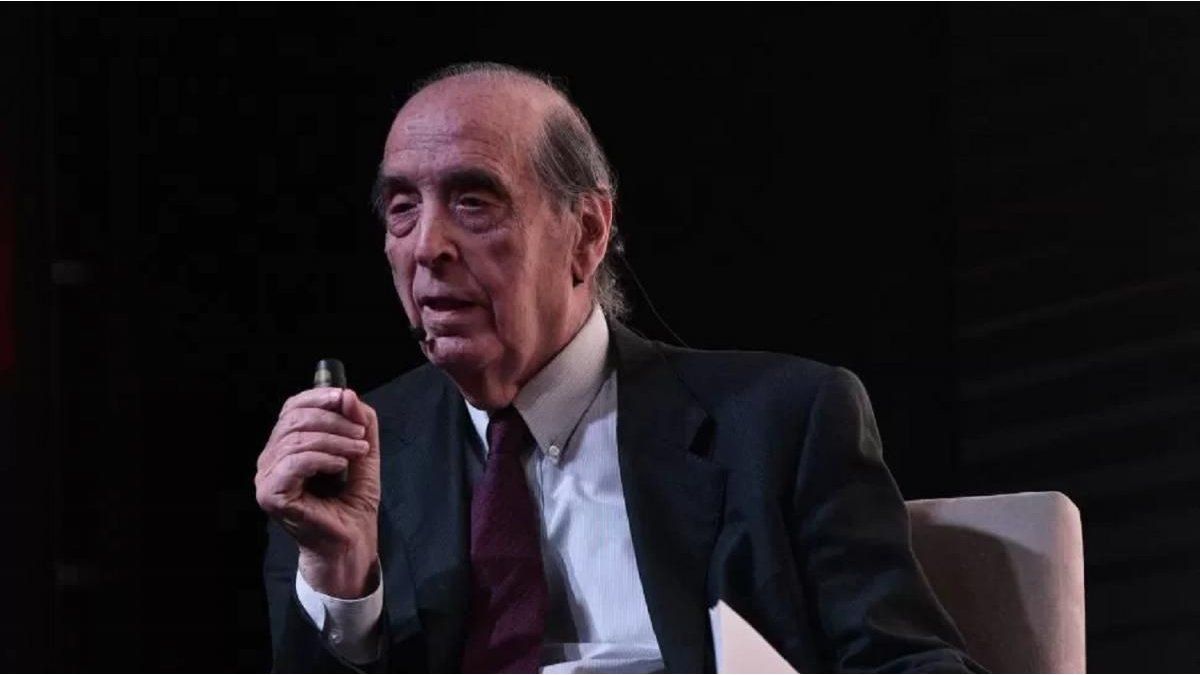Richard Teng: Latin America is one of the fastest growing regions for crypto, but regulation is still in a very nascent stage of development. We are working very closely with policy makers around the world to educate them about the enormous opportunities and the Foreign Direct Investments that they can attract on that front to improve the economy, to really improve the talent pool that they have domestically, but at the same time managing the risks associated with this sector.
Binance is not only the largest cryptocurrency exchange in the world, but also the most regulated. We have more than 20 different jurisdictions that have given us regulatory approval, including Argentina in Latin America, so we continue to advance in that genre. It’s still very early and nascent, and countries regulate cryptocurrencies slightly differently. What we hope for is a much greater harmonization of rules in this field, such as that seen in the banking and securities markets, but I believe that such harmonization will take a long time to become a reality.
Q: The United States faces presidential elections next week. Donald Trump is an active supporter of cryptocurrencies and even has his own crypto company, World Liberty Financial. Do you think he is more likely to regulate or be friendlier to the cryptocurrency industry? What do you expect from the election results?
RT: I would say that, first of all, the fact that crypto has become a topic of discussion and an issue that is influencing people’s decisions about the candidate says a lot about the growing influence of crypto. However, this type of conversation not only happens in the US, but all over the world. I think that in many global elections, in many state local elections, a candidate would not always say whether he is favorable to blockchain and crypto technology, or not. So that has now become a feature of many elections around the world.
The outcome of the US election can only be determined by US citizens. But like the rest of the world, we are watching very closely how it will affect global economic conditions in the future, not just in the cryptocurrency space. Regardless of the outcome, I firmly believe that cryptocurrencies and blockchain have strong momentum, strong use cases, and innovation going forward.
Q: Do you think Trump would probably be more regulatory-friendly than Harris? What do you think of that difference?
RT: It’s something I can’t speculate on. Different countries have their own political consideration, and different administrations will have their own political consideration. I can’t speculate, but what I am very sure of is that crypto and blockchain are a wave that cannot be pushed back. The fact that there are now so many institutions putting resources and money into this field, the fact that it has much more recognition today, really speaks for itself. Something that could not have been imagined probably more than two years ago.
Q: The founder and former CEO of Binance, CZ, was convicted by a US court and spent 4 months in jail. How does Binance recover from this image?
RT: I would say that, first, Binance is a very young company. We started in July 2017, so we’re seven years old. Many of the large financial institutions with hundreds of years of history and operational track record face the same problem as us in terms of not having a sufficiently strong and robust compliance program.
The important thing is that we recognize our mistakes, invest in them now in a similar way to other responsible financial institutions, and do much better for the future.
That said, you have to realize that in 2017, when we started, the landscape was very different. Most of the standards that you see today, and even standards today are very, very nascent.
Q: What is the relationship like with the US government monitors? What is it like now? When did they start?
RT: They have already been appointed, so we have two supervisors. We work very closely with the monitors. They will be with us. I always tell people there is a key positive. It’s not just us who say we have a very robust anti-money laundering and compliance program.
We are lucky to be able to continue investing heavily in compliance. Our spending on spending increased more than 30% last year, going from $158 million in 2022 to $213 million in 2023. And this year spending will rise even more. As spending and demands increase, it will be more difficult for many smaller businesses to fully comply. And, in that sense, we intend to make regulatory compliance a key competitive advantage for us.
Q: You said you don’t want to focus on the United States, but it is a huge market. When will it do it?
RT: At this time, we do not consider the US market as an international platform. We have seen very solid growth internationally. That’s where we’re going to spend our time and energy.
Q: Last year you mentioned that you didn’t feel the need to have a global headquarters in any country. Do you still think the same?
RT: It’s something we spend a lot of time on, right? So, as you can see, Binance is entering a new stage of development. We’ve instituted a board of directors with three new independent directors to really chart the strategy and the path forward for us as an entity, so I think a global headquarters is something we want to do. It’s something that’s familiar to regulators.
We are having deep conversations with several jurisdictions, but as you can imagine, these are quite complex issues. There are many different considerations to take into account, from simple things like taxation, to where intellectual property rights can be based, or where talent expertise can be brought to that region to support it, to the regulatory framework in which regions.
We are looking very closely at some jurisdictions and working closely with their governments.
Q: Do you still believe that it is not necessary for Binance to go public?
RT: There are currently no plans for an IPO. The company has sufficient resources to do all the necessary deployment.
Q: Do you consider that the IPO is just a way to raise capital? Because going public can be for different reasons.
RT: It can be for different purposes. But now our focus is on building a very sustainable, best-in-class platform. Much of our time and energy is dedicated in that regard. We have not spent our time and energy thinking about an IPO at this time.
Q: What is Binance’s business plan for the coming years?
RT: I would say that 2025 is going to be a better year than 2024 for several reasons. If we look at economic conditions, we can already see that inflation is more or less under control in most countries, and central banks are starting to reduce interest rates. That will give a boost to most assets, including crypto. So that’s a factor.
If we look at what is happening in 2024 for the crypto scene especially, there are starting to be much clearer regulations. Many regulators are dedicating time and resources to better understand this industry and formulate a regulatory framework to begin regulating it. The approval of the Bitcoin ETF, first in the US and then around the world, also added credibility and recognition.
Major institutions around the world, whether American, European or Latin American, are starting to invest heavily. They all have a cryptocurrency and blockchain agenda, and are starting to increase their allocation in this space.
So, for all these reasons, and typically after the Bitcoin halving that took place in April of this year, you will see much more robust growth of the industry, and a lot of new innovations and use cases being driven. and developed now. That’s why I always say that 2025 is going to be a much better year than 2024.
Source: Ambito
I’m a recent graduate of the University of Missouri with a degree in journalism. I started working as a news reporter for 24 Hours World about two years ago, and I’ve been writing articles ever since. My main focus is automotive news, but I’ve also written about politics, lifestyle, and entertainment.




